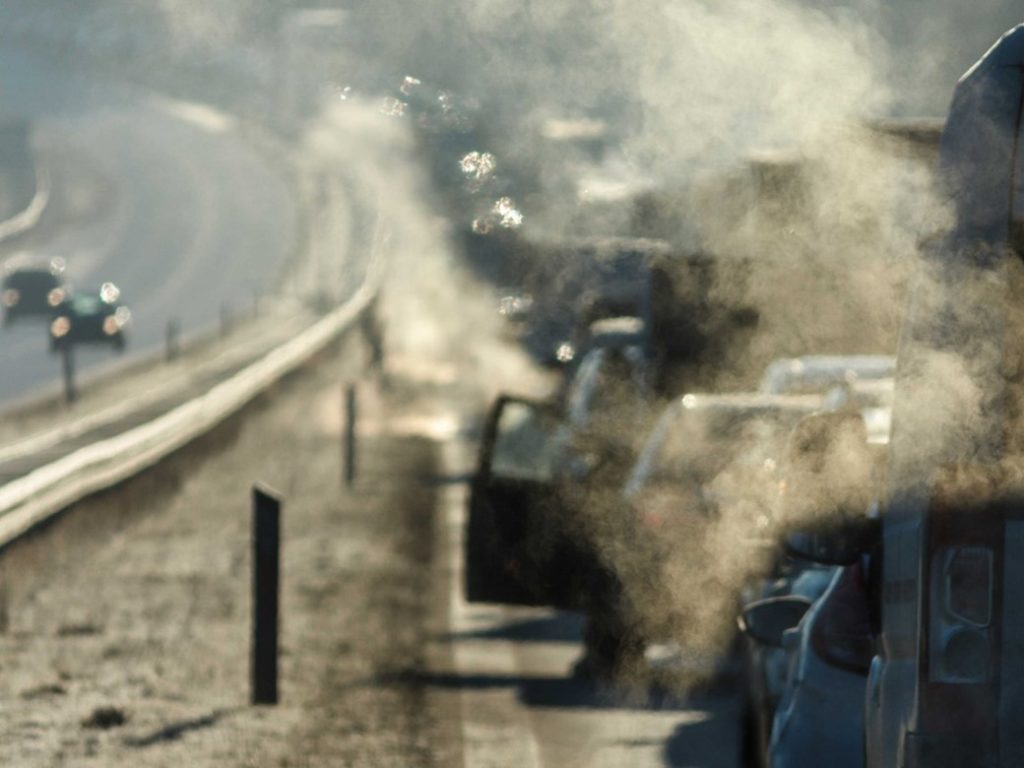
is the VW Group and its Dieselgate scandal.
When one company has a scandal, other companies in the same business group tend to suffer as a consequence. How can those other companies, which do not directly commit the wrongdoing themselves, protect their own reputation? This is particularly tricky as, in a business group, affiliates cannot easily distance themselves from each other. Our study at the Journal of Management Studies thus explores how affiliates of a business group can coordinate their strategies to manage their impression after one of them has an incidence of wrongdoing.
Key Findings
Our study identifies three critical factors that influence how business group affiliates can best manage their impression after wrongdoing within the group:
1. Differentiating Actions
Affiliates may want to avoid employing impression management strategies similar to those of the deviant company. When both the deviant firm and another affiliate adopt a similar strategy—such as taking the same technical action to fix the problem or the same ceremonial action to emphasize unrelated issues such as corporate social responsibility—stakeholders are likely to perceive them as sharing responsibility for the same action as well as the wrongdoing.
Instead, they are better off with differentiation. For instance, one firm focuses on technical solutions, such as improving product quality and control over the production process. In contrast, the other firm engages in ceremonial actions to improve its positive attributes, such as community development and philanthropy. This differentiation helps stakeholders distinguish between the deviant firm and the rest of the group, reducing the negative image spillover.
2. More Important to Coordinate if Having a Shady Past
If an affiliate had a scandal in the past, differentiation from the deviant firm becomes even more critical. Firms with a history of wrongdoing are under increased scrutiny, and the public may easily lump them together with the current deviant firm. To break this bundling effect, these firms need to make even more proactive efforts to differentiate from each other and ensure that past mistakes are not part of a systemic problem within the whole business group.
3. Beware of Over-Coordination
Although affiliates may benefit from the parent company’s coordination in normal situations, such coordination may raise stakeholders’ suspicion that the affiliates’ actions are manipulative. Therefore, when coordinating affiliates’ differentiated actions, the parent company may adopt a light-touch approach without explicitly communicating its coordinating role to the public.
Practical Implications
Our findings can benefit different stakeholders, including:
Affiliated Firms of a Business Group
- Do not blindly follow the deviant firm’s strategy after its wrongdoing. Opt for differentiation.
- If the deviant firm focuses on technical solutions, highlight your firm’s social responsibility and sustainability actions.
- If the deviant firm emphasizes social responsibility actions, take technical actions by showing that you proactively reduce the risk that similar issues to those of the deviant firm may occur in your operation.
Parent Company of a Business Group:
- Do not overtly direct how affiliates respond to a scandal. Keep the coordination subtle to avoid raising stakeholder skepticism.
- Your coordination is particularly important if your affiliates had scandals in the past. They need your coordination to ensure that their actions differentiate from each other.
General Public and Policymakers:
- When assessing corporate wrongdoing, careful attention may be required to distinguish the responsibility among affiliates of the same business group.
- Beware of firms’ impression management actions. The deviant firm’s actions after the wrongdoing may not truly address its own wrongdoing. Instead, the actions may simply seek to protect the image of other affiliates.
Conclusion: Navigating the Complicated Reputation Landscape
After a scandal, affiliates of a business group need careful impression management strategies. Aligning too closely with the deviant firm can amplify negative image spillovers, while differentiation—where one firm takes a technical approach and the other adopts a ceremonial approach—helps mitigate such spillovers. However, excessive coordination can backfire, making firms appear insincere and manipulative. Crisis management and impression management for a business group thus require a delicate strategy through subtle coordination among affiliates.

0 Comments